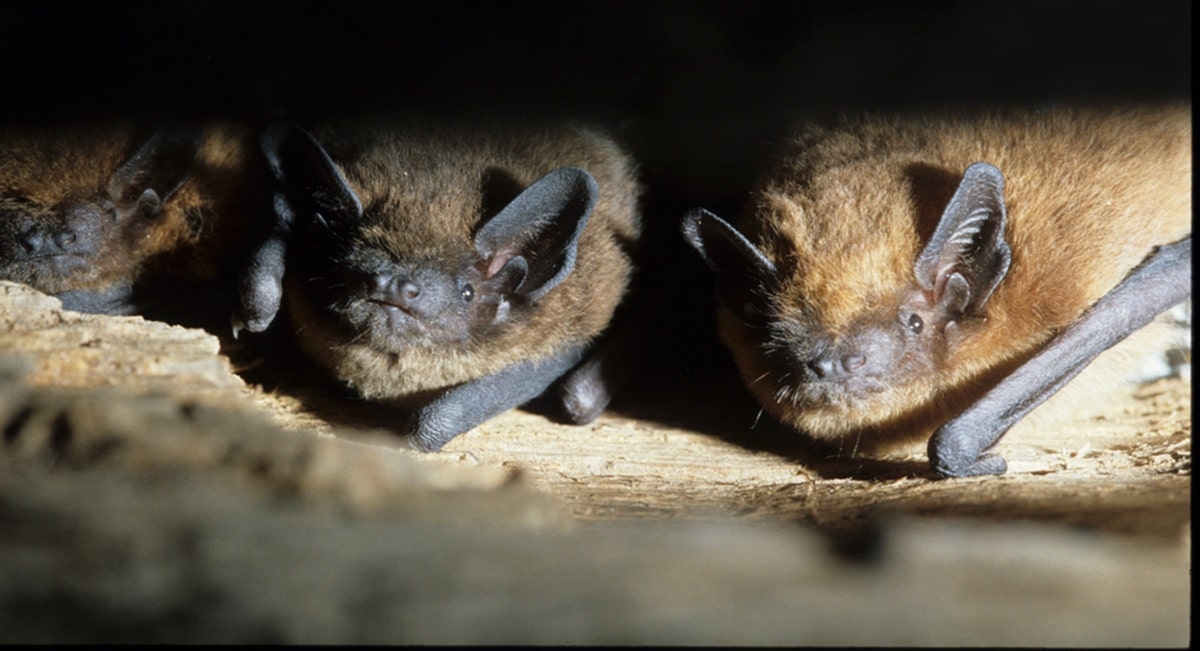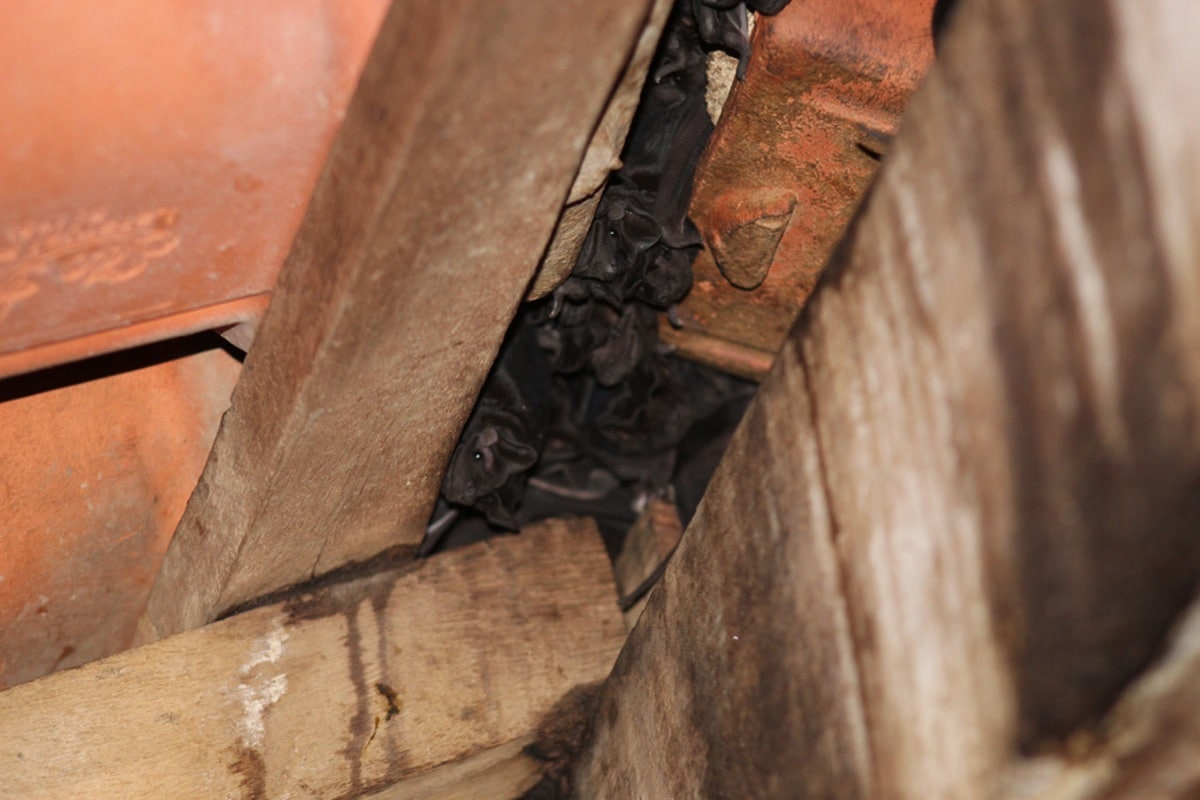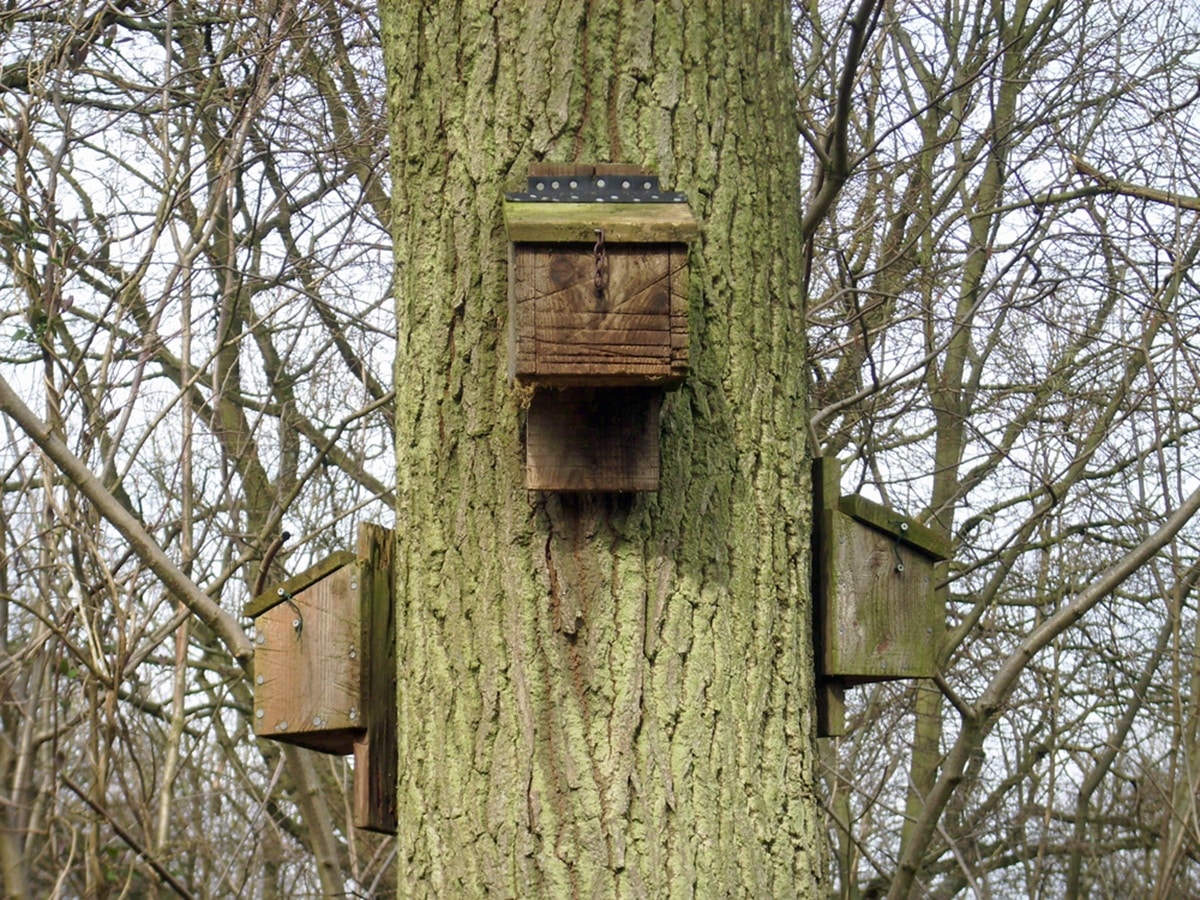Varied Bat Habitats across this Historic Maritime City
Liverpool, a city steeped in maritime history and known for its striking architecture and vibrant culture, is one of the UK’s most recognisable urban centres. Set on the banks of the River Mersey and surrounded by green spaces, parkland and wooded corridors, Liverpool provides a varied landscape that supports a diverse range of wildlife – including protected species such as bats.
From Georgian terraces in the city centre to mature trees in Sefton Park and the disused industrial buildings of the docks, Liverpool offers plenty of potential roosting and foraging habitat. As a result, a bat survey in Liverpool is often required during the planning process, particularly where development may impact buildings, trees or land that bats use.
Bat Roost opportunities
Bats are highly selective when choosing roosts, favouring sheltered, stable environments close to feeding areas. In Liverpool, they can be found roosting in old attics, loft voids, bridges, barns, and trees with cavities. They may also exploit cracks in brickwork, under lead flashing, or behind roof tiles.
Despite their elusive nature, bats are frequently encountered across the city, especially along the green corridors connecting places like Calderstones Park, Otterspool Promenade, Princes Park and the Mersey waterfront. This means that even minor development work, such as a roof replacement or tree felling, may trigger the requirement for a bat survey in Liverpool to ensure legal compliance and avoid delays.
Legal Protection for Bats in England
All bat species and their roosts in the UK are legally protected under the Wildlife and Countryside Act 1981 and the Conservation of Habitats and Species Regulations 2017. These laws make it a criminal offence to harm or disturb bats or to damage or destroy their roosts, whether bats are present or not.
Because of this, planning authorities such as Liverpool City Council often require ecological assessments before granting planning permission, especially when development could affect older buildings, mature trees or structures near water and green spaces.
European Protected Species Licences
Where there is a risk that a development may disturb bats or damage a roost, a European Protected Species Licence from Natural England is required before any work can proceed. This licensing process involves producing robust ecological evidence and mitigation strategies to safeguard bat populations. In a busy urban area like Liverpool, where redevelopment of heritage buildings and brownfield sites is common, the need for professional ecological input early in the process cannot be overstated.

Bat Conservation in Liverpool and Merseyside
Liverpool is home to a range of bat species, including common pipistrelle, soprano pipistrelle, noctule, Daubenton’s bat and brown long-eared bat. These bats use a mix of city centre and semi-natural features for roosting and foraging, and many are highly reliant on the city’s network of rivers, parks and wooded areas to hunt insects.
Local conservation groups such as the West Lancashire Bat Group and the national charity, the Bat Conservation Trust, play an important role in protecting bats and their habitats in the Merseyside region. Volunteer bat groups also help to monitor populations, raise awareness, and rehabilitate injured individuals.
These conservation efforts highlight the importance of maintaining bat-friendly environments and ensuring that new developments are sensitively planned. Whether converting a historic building, replacing a roof or removing an old tree, projects in Liverpool must take into account the presence of bats and their ecological requirements.

When is a Bat Survey in Liverpool required?
A bat survey in Liverpool is usually required when a proposed development site could affect features known to support bats. This could include old buildings, attics, trees with holes or peeling bark, and structures near watercourses or green space. Often, the first survey in the process is the Preliminary Ecological Appraisal; if this indicates the possibility of bat presence, a Preliminary Roost Assessment will be required.
Preliminary Roost Assessment
The Preliminary Roost Assessment (PRA) involves a licensed ecologist making an internal and external inspection of the proposed development site. The aim is to assess whether there are signs of bat activity such as bat droppings, feeding remains or access points and look for suitable bat roosting features to determine the potential suitability of the site.
If the Preliminary Roost Assessment suggests that bats may be present or if there is a high likelihood of roosting bats, further surveys will be necessary. These are known as Bat Emergence and Re-Entry Surveys and are carried out in the summer months between May and September. The PRA might also highlight the need for other protected species surveys or ecology surveys on a development site, such as badger surveys, habitat surveys or great crested newt surveys.
Bat Emergence and Re Entry Surveys
Bat surveyors make a site visit to conduct dusk and dawn re entry surveys to observe bat activity. During this bat scoping survey, they monitor potential entry and exit points for bats on buildings, and using specialist bat detectors, thermal imaging, and night-vision equipment, record bat species, population numbers and behaviour. Findings from these bat activity surveys are vital for assessing ecological impact and shaping appropriate mitigation strategies.
Bat Surveys: Reports for Planning Applications
Once bat surveys are completed, a comprehensive report is compiled. This bat survey report includes the site context, methodology, results, maps, photos and clear recommendations. If the finding is a likely absence of bats and the roosting potential is low, the report can support a straightforward application for planning permission. However, if bats are present or the risk is significant, the report will set out mitigation measures and clarify whether a European Protected Species Licence (EPSL) is required from Natural England.
The ecological survey report is an essential part of an application for planning permission and helps demonstrate to the local planning authority that the developer or homeowner is complying with legal obligations under UK and EU wildlife law.

Mitigation and Licensing Support
Where bats or bat roosts are identified, it’s often necessary to introduce mitigation measures to ensure the development does not negatively impact bats. This could include retaining bat roost features, installing bat boxes, providing alternative roosting sites, or timing works to avoid sensitive periods. If unavoidable impacts are identified, our team can assist with applying for an EPSL from Natural England. This includes preparing the licence application, producing method statements and habitat enhancement proposals, and liaising with stakeholders to ensure a successful submission.
Professional Bat Survey Services in Liverpool
Our ecology consultancy provides a full range of high-quality bat survey services (and other protected species surveys) in Liverpool, across the North West and the wider UK. We support homeowners, architects, developers and planning consultants with expert ecological advice and an efficient service at every stage of the planning process.
Our licensed bat surveyors have extensive experience of working on a wide range of projects, from loft conversions and barn redevelopments to large urban regeneration schemes, and are fully familiar with the requirements of Liverpool City Council and neighbouring local authorities.
We understand the challenges of balancing development and biodiversity in a fast-paced urban environment, and we work efficiently to help planning applications move forward without unnecessary delay.
Request a Free Quote for Your Bat Surveys in Liverpool
If you’re planning development work that could require a bat survey in Liverpool, contact us today for a no-obligation, free quote. You can use the telephone number or email address on this page. Provide your site address and a description of the proposed works, and we’ll guide you through the next steps. If bat survey work is needed, we will arrange it at a suitable time and keep you informed throughout the process.
Our experienced ecological consultants can advise on all bat issues, ensure regulatory compliance and recommend appropriate mitigation strategies if required, to help your development project achieve planning consent.
